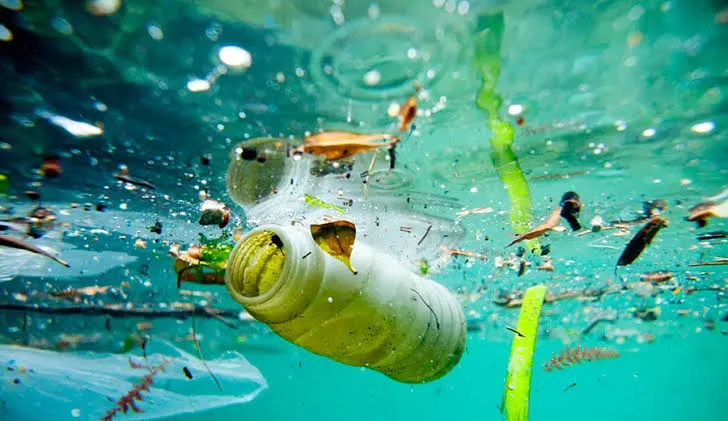A groundbreaking study has shed light on the staggering scale of plastic pollution in the world’s oceans, revealing the devastating impact of human activities on marine ecosystems. The research, published in a leading scientific journal, warns that the oceans are facing a plastic crisis, with far-reaching consequences for marine life, human health, and the planet.
The study estimates that over 8 million tons of plastic waste enter the oceans every year, harming marine life and contaminating the food chain. From plastic bags and bottles to microbeads and synthetic fibers, the sheer volume of plastic debris is choking marine ecosystems. The research highlights that if no action is taken, the amount of plastic waste in the oceans could triple by 2025.

Key findings from the study include:
– Plastic debris causes the deaths of over a million seabirds and 100,000 marine mammals annually.
– Microplastics have been found in 90% of table salt samples and 80% of tap water samples worldwide.
– Plastic pollution affects the entire ocean food chain, from tiny plankton to large predators.
The study’s authors urge governments, corporations, and individuals to take immediate action to reduce plastic waste, increase recycling, and promote sustainable practices. They emphasize the need for a global response to the plastic pollution crisis, including implementing policy changes and promoting education and awareness.
The research serves as a wake-up call, highlighting the urgent need for collective action to protect the world’s oceans and mitigate the impacts of plastic pollution. As the world grapples with the plastic crisis, one thing is clear: the future of the planet’s oceans hangs in the balance.
